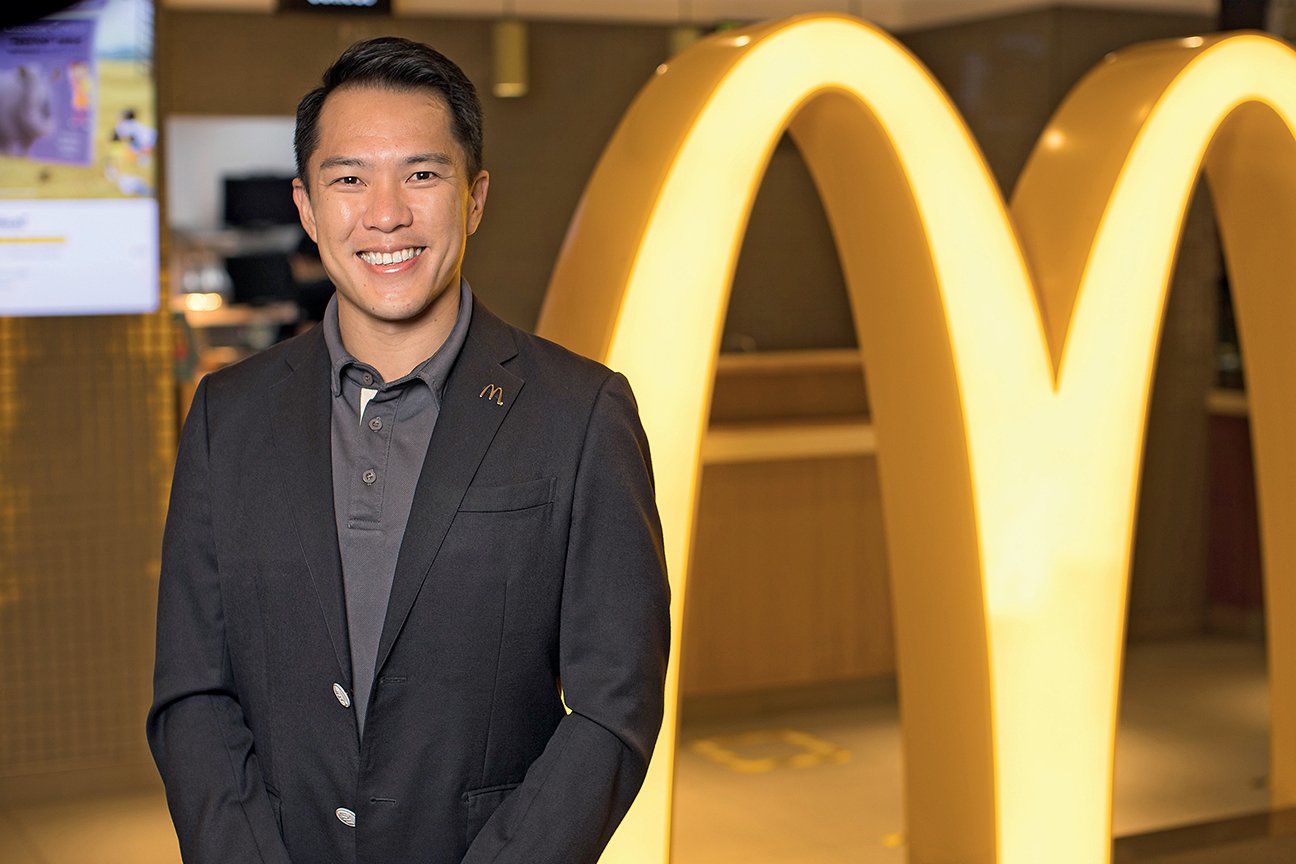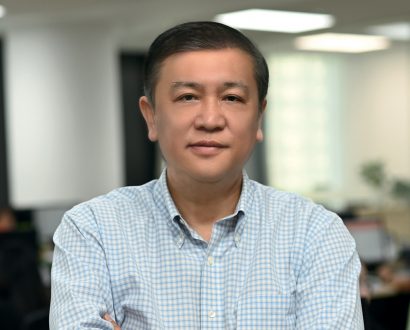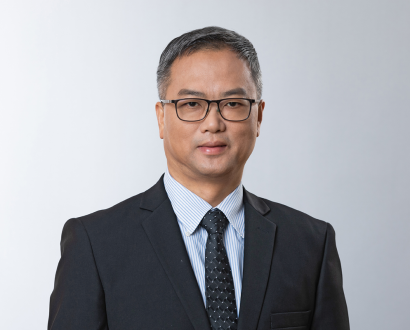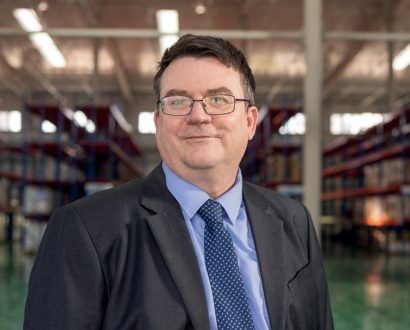However, it is not his long-held love of the product that led him to his current role. Rather it is his love of people that has governed most of his career moves ever since he graduated university with a major in marketing.
“I wanted to go to companies that talked about people and how to empower people to create products and experiences that can truly touch and improve lives,” he tells The CEO Magazine. He spent nearly five years at Proctor & Gamble before joining New York-based consulting firm Analytic Partners.
Then, when a position came up at the McDonald’s global office in Singapore, Benjamin did his homework to see if the company aligned with his values. He discovered that it’s not just a quick service restaurant – it is about people, whether that be its customers, staff or suppliers.
“I really saw how important a concept of strength and unity of people is to the branding of the business,” he says. The decision ended up being a “no-brainer” and he joined the company as Regional Director of Strategy and Insights Asia–Pacific, Middle East and Africa in 2013, then steadily worked his way through the ranks to his current position, flipping the odd burger along the way.
I am a big supporter of people and what they can do and what they want to do, so my job is to champion them, to champion their ideas and support their goals.
“When I came back to Singapore in August 2019, I wanted to have a strong grasp of how the restaurants are run. I dedicated the first five months solely to working at the restaurants and experiencing the same training and development programs that our managers go through as they move up the ranks,” Benjamin reveals.
“That really helped me understand how our managers grow, the challenges they are exposed to and how we can make employment opportunities more exciting for them.”
The experience also helped him get a feel for what was happening on the ground – the sentiments, the struggles and the successes. It was during this time that he discovered that the company’s strong stance on people and its commitment to training and upskilling its staff also posed a hefty challenge.
“One day, I was having my double cheeseburger and I was sitting with four other restaurant colleagues who spanned four generations,” Benjamin recalls.
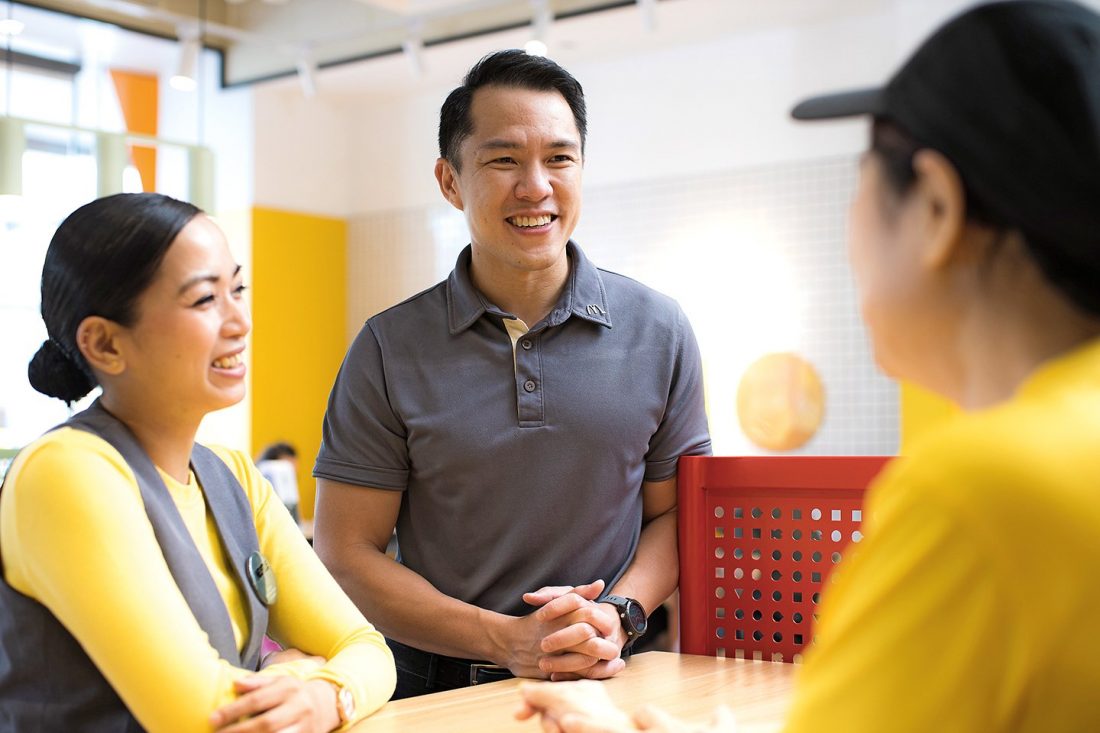
“One was a 16-year-old working part-time and one was a 34-year-old mother who was the manager. We also had a 55-year-old uncle who was working on the weekends – a very bubbly, hard-working guy – and a 78-year-old grandmother who could cook patties and flip them twice as fast as me.”
Their light-hearted conversation drove home the diversity and the uniqueness of the McDonald’s business model. “It’s amazing, but it’s also the bigger challenge because when you have such a diverse group of employees, how do you create that employee experience that is relevant to each of them?”
It is a challenge the company is tackling head on, working closely with staff to ensure their needs are being met. It has also enlisted the services of external agencies that are helping it innovate in this area and deliver skill qualifications to create a proper career path for McDonald’s Singapore employees.
“I am a big supporter of people and what they can do and what they want to do, so my job is to champion them, to champion their ideas and support their goals,” Benjamin expands. “I don’t want to be seen as leading the organisation, but leading with the organisation.”
Indeed, taking care of his people was something that was top of mind when the pandemic took hold, forcing Singapore into lockdown and jeopardising the company’s local operations.
“These principles included putting customer and employee safety first, including reinforcing constant communication across all platforms and levels, and especially to the restaurants,” Benjamin shares.
Measures were put in place to ensure business continuity with sustainable cash flow and prudent spending. A cross-functional task force was created to think up new safety policies and deal with all the new measures being put in place.
People gravitate towards familiar kinds of food, especially when they feel uncertain about the world around them.
The company also had to act swiftly to ensure the wellbeing of its force of Malaysian workers who were stuck in Singapore during the lockdown. Benjamin is fiercely proud that no staff were lost during the uncertain period.
“We are a people company and we can never forget it,” he stresses. “Even in the darkest times of the pandemic, we committed to ensuring job security so our people didn’t have to worry about whether they would keep their jobs, or have enough money to pay the bills.” Protecting its relationships with suppliers was also vital over this period.
“We needed to ensure that they could continue operating so that we could continue operating,” Benjamin explains. This involved working very closely together with key suppliers like global meat provider Tyson Foods and logistics firm Martin Brower to ensure supplies were not disrupted and to foster a mutual exchange of safety measures, which helped all parties stay protected.
“It worked really well and our ecosystem became really strong because of this crisis,” Benjamin adds, explaining that as a McDonald’s franchisee, its supplier relationships are even more important. “Tyson Foods and Martin Brower are really like our extended family – they are part of us. If they fail, we fail.”
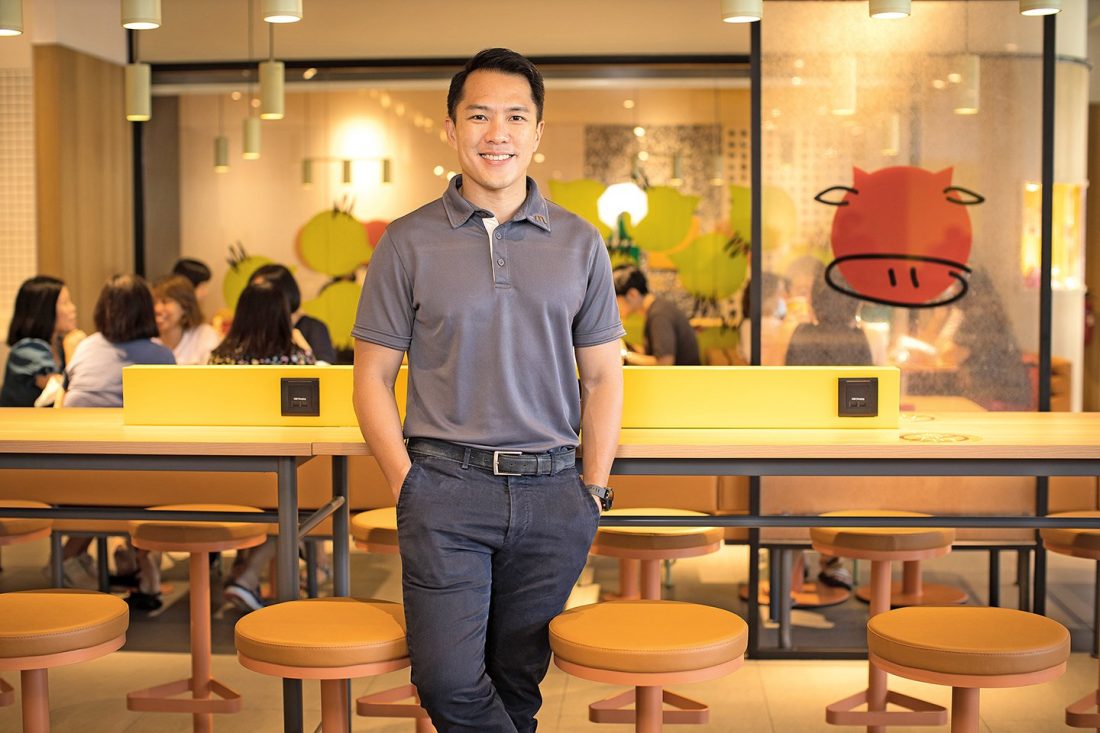
The impact of the pandemic has been felt across Singapore’s dining scene with many restaurants forced to close. Between February and April 2020, 529 restaurants shut their doors as circumstances took their toll.
Nonetheless, the sector has since bounced back with restaurants reporting a resurgence in sales. With 2018 figures showing around 4,600 restaurants in the city-state, a huge number for such a small area, standing out is crucial.
“For me, the biggest opportunity is in really growing the business through creating more meaningful eating experiences for our customers, so they feel comfortable coming back to McDonald’s,” Benjamin says.
“It’s all about going back to our roots and understanding what the customer really wants.” So, what is that? There are a few elements, according to Benjamin. “What they want is good food, food they can trust, which offers value for money as well as a great experience in a hospitable, safe environment,” Benjamin asserts.
Coming up with “innovative food concepts” is also a vital part of its successful formula, as is the focus on providing great service so that it doesn’t feel like a “cheap” experience. Convenience is also a massive factor, particularly during the pandemic when the company had to think outside the box to ensure it could still serve its customers, with online ordering looking set to stick around.
Something that consumers do appear to be demanding is healthier food in Singapore. A Nielsen study shows that 79% of Singaporeans are actively making healthier dietary choices while 75% are prepared to pay more for healthier food.
This trend was driven by a desire to improve public health and to cater to public demand. So, what is McDonald’s doing on this front? Promising quality options is the main way the company is addressing these concerns, working with suppliers to source the best meat where possible.
It has also expanded its range to cater for the health-conscious with salads, corn cups and Eat Light meals. However, staying focused on what it has become known for and does so well is also key, Benjamin stresses.
“People gravitate towards familiar kinds of food, especially when they feel uncertain about the world around them,” he says. “Thankfully, our food resonates well to enjoy these quality tastes at good value in a safe environment, whether it’s in our restaurants or in the comfort of one’s home. This is very comforting to many of our customers.”
Proudly supported by:
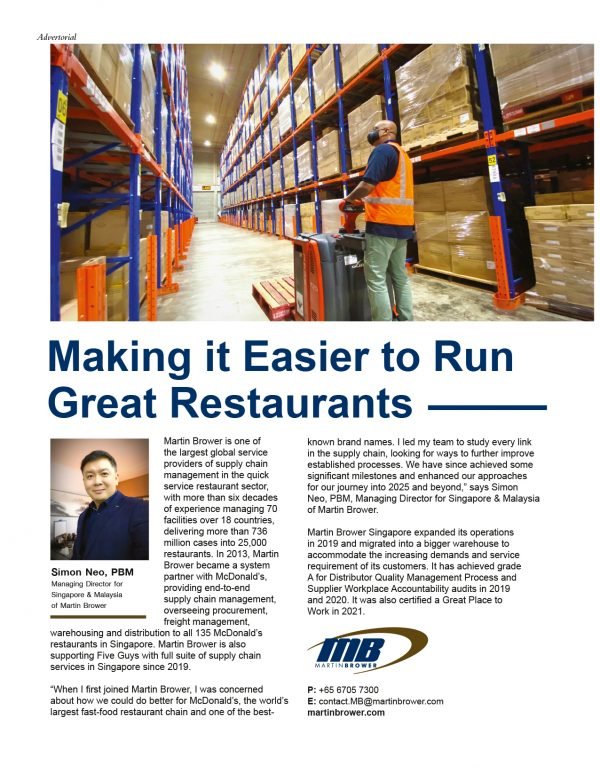
Martin Brower
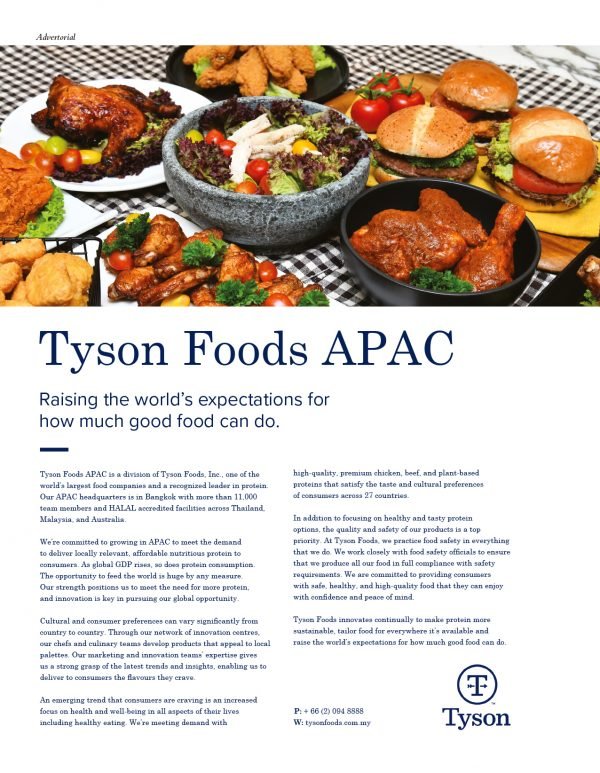
Tyson Foods APAC

